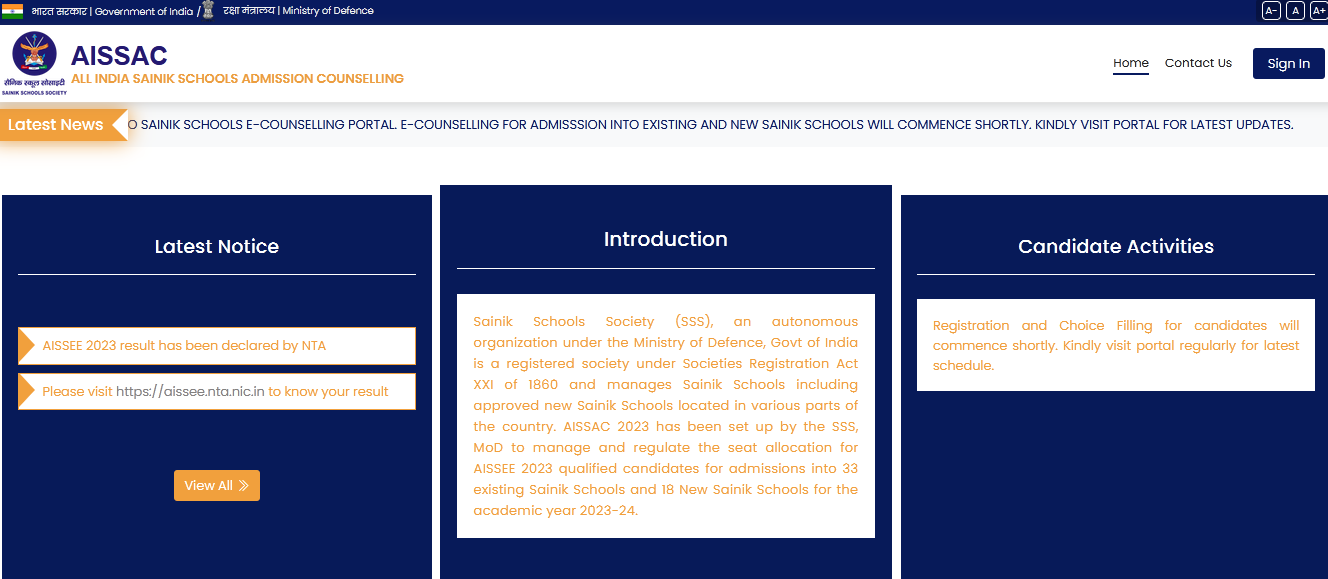CPT for Chartered Accountancy: Eligibility, Exam Pattern, Syllabus

Institute of Chartered Accountants of India (ICAI) conducts CPT exam. It is an entry-level examination for Chartered Accountancy Certification in India. Candidates who are willing to build their career in Chartered Accountancy they need to take CA CPT Exam. It is a pen and paper based exam.
CA CPT Eligibility Criteria
Please read minimum eligibility requirements for taking CA CPT exam:
Age Limit: No age criterion has been prescribed for taking CA CPT exam.
Educational Qualification:
- Candidates should have passed class 12th exam in order to appear for the exam. Appearing candidates can also apply.
- Candidates who have acquired a Bachelor’s or Master’s degree with 55% marks are exempted from taking the exam.
CA CPT Application Form
CA CPT application form will be available online at its official website. Candidates need to fill personal, educational and communication details correctly and submit as per the instructions provided in the brochure. An application would be successful only after making payment of prescribed application fee.
Application Fee
The application fee varies based on exam centre chosen by candidates:
- Exam centres in India: Rs.1000/-
- Exam Centres in Nepal, Kathmandu: Rs.1700/-
- Exam Centres in Doha, Abu Dhabi, Muscat and Dubai: US$ 300
CA CPT Exam Pattern
The important highlights of CA CPT Exam are as follows:
- It is a pen and paper based exam.
- All the questions would be objective type questions.
- The total marks for the exam will be 200.
- In order to clear the exam, candidates have to score at least 30% marks in each subject and 50% as an average.
- 1 mark would be given for every correct answer.
- 25 will be deducted for every incorrect answer.
Check list of other entrance exams
CA CPT Syllabus
Go through the prescribed syllabus for CA CPT exam:
Fundamentals of Accounting
- Depreciation accounting
- Bank Reconciliation Statement
- Introduction to Company Accounts
- Accounting Process
- Preparation of Final Accounts for Sole Proprietors
- Partnership Accounts
- Accounting for Special Transactions
- Theoretical Framework
General Economics
- Micro Economics
- Theory of Production and Cost
- Theory of Demand and Supply
- Economic Reforms in India
- Select Aspects of Indian Economy
- Indian Economy – A Profile
- Money and Banking
- Indian Economic Development
- Price Determination in Different Markets
- Introduction to Micro Economics
Mercantile Laws
- The Indian Partnership Act, 1932
- The Sale of Goods Act, 1930
- The Indian Contract Act, 1872
Quantitative Aptitude
- Statistical description of data
- Basic concepts of Differential and Integral Calculus
- Limits and Continuity Intuitive Approach
- Sets, Functions and Relations
- Sequence and Series
- Permutations and Combinations
- Simple and Compound Interest
- Inequalities
- Index Numbers
- Sampling Theory
- Theoretical Distributions
- Correlation and Regression
- Measures of Central Tendency and Dispersion
- Equations
- Ratio and proportion
FAQs
Online mode
Pen and paper based exam
Objective type questions




